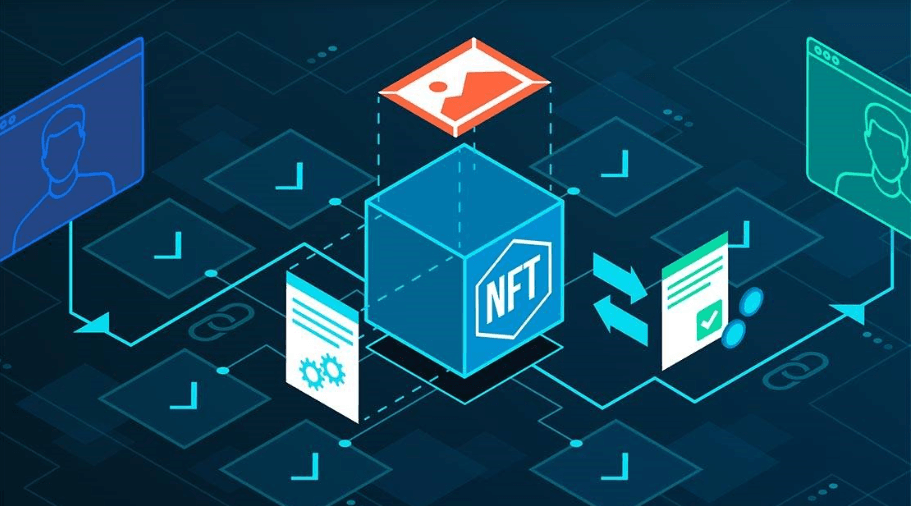The Best NFT Marketplaces for Creators: Frequently Asked Questions
The world of NFT demonstrates constant growth by letting creators sell their art in a digital form. Each sale ends up with the secure ownership of a digital asset. This encourages the functionality of new communities with interested buyers involved. To manage NFTs in any possible way, you can try the best NFT marketplace for creators at https://www.minxie.io/. You will be impressed with the wide range of opportunities offered by the given resource.
Do NFTs make you feel confused? Do you still think a lot about NFT marketplaces? The answers to the most common questions can shed light on the given topic.
What’s a blockchain?
A blockchain functions as a decentralized database with the records of ownership of digital assets. The collected data isn’t available for any modifications and transformations, which makes the technology a legitimate disruptor for many industries.
Blockchain technology has a principle of work similar to Google Docs. After creating a Google Doc, you can distribute it in any possible way. It doesn’t need to be copied or transferred. This forms a decentralized distribution chain that allows many users to get access to the document at the same time. When it comes to NFTs, this means artists can keep track of their assets to gain profits from future sales.
Do I need a crypto wallet?
In most cases, you need to register a crypto wallet in order to pay with crypto, as well as mint and buy NFTs. Most NFT marketplaces also ask you for a crypto wallet so you can trade NFTs. There are many options on the market. The most common ones include MetaMask and Coinbase. Meanwhile, some new NFT marketplaces have already started accepting Fiat currency payments in international currencies. Those can be processed via credit and debit cards, which makes access to NFTs more convenient.
What are gas fees?
NFT marketplaces charge gas fees when you proceed with payments on the Ethereum blockchain. This includes the process of creating an NFT. Gas fees happen to be quite unstable. They can change based on blockchain congestion. The average size of a gas fee is estimated at 0.0042 ETH per transaction. If you want to save some money, you can make transactions in the morning. This is when gas fees can be lower.
Can I avoid gas fees?
Yes, you can. The best NFT marketplace for creators like OpenSea or Rarible offers gas-free minting. This becomes possible after imposing a gas fee on a buyer rather than a creator. The result is observed during the sale.
Some blockchains try to keep their gas fees as low as possible or even remove them completely. For example, Polygon on Opensea and ImmutableX on Mintable have more affordable options compared to the market average. What you can do is to check the fees offered by the particular blockchain before minting or buying NFTs there.
What is minting?
Minting means creating currency and NFTs. To be more specific, minting stands for transforming digital data into crypto or digital assets. All products are going to be stored in a decentralized database or blockchain. They can’t be edited, modified, or removed.
The process of minting collects all data in a public ledger that can’t be accessed by third parties. When you do this on the existing blockchain, you don’t require extensive knowledge of code, technical expertise, or costly computer hardware. But you will need to be careful while staking the required amount of tokens. In the end, you need them to be selected. Fortunately, all creators can track their NFTs during future sales.
Minting isn’t something to be done for free. Its cost is usually determined by gas fees. However, some NFT marketplaces for creators decide how much needs to be charged in each particular case.
Are NFTs controversial?
Yes, they are. Official regulators have their concerns about NFTs. These assets can be used as tricks for increasing someone’s personal capital. As a result, most legal requirements remain unfulfilled. The production of some NFTs may also have some negative effects on the environment but this very fact stays ignored for years. The future benefits usually prevail over the potential risks.

